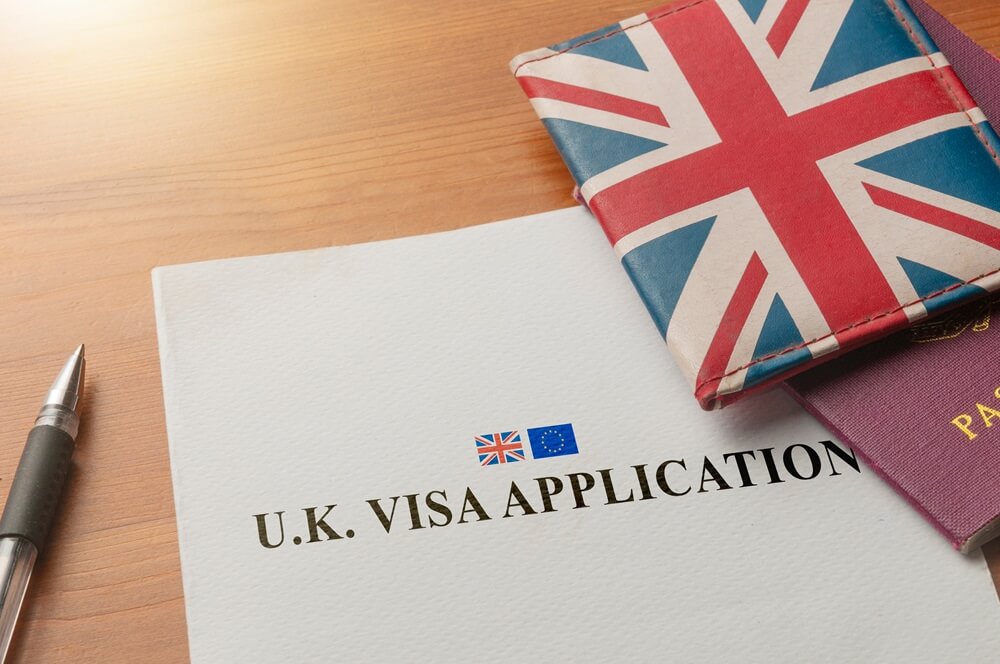UK or The united kingdom of Great Britain is a sovereign country located in the north-west of Europe. The whole country includes the island…

The United Kingdom, rich in culture and diversity, consists of England, Wales, Scotland, and Northern Ireland. It’s uniquely positioned off the north-western coast of Europe, mostly surrounded by water like the Atlantic Ocean and the English Channel, but connected to Europe by the Channel Tunnel. Its varied geography includes mountainous highlands, the tranquil English Lake District, a lengthy coastline with quaint seaside towns, lush national parks, and picturesque villages.
British culture is characterized by a blend of historical tradition and modern innovation. Social norms emphasize politeness, punctuality, and a sense of humour, with a strong appreciation for tea, sports, and diverse cuisine influenced by its multicultural society. Iconic figures like Shakespeare, the Queen, and David Beckham represent the UK’s cultural icons. The UK ranks high globally for its attractiveness, second only to the USA.
UK weather is famously unpredictable, offering sunshine, rain, and wind, often in a single day. Despite this, one can enjoy various outdoor activities with the right clothing and attitude. The UK experiences mild weather, with summer temperatures averaging 9-18°C, occasionally hitting 30°C, and winter temperatures between 2-7°C, sometimes dropping below freezing. The weather can vary within the country, especially in northern and mountainous regions. Key wardrobe items for UK weather include warm winter coats, waterproof footwear, gloves, scarves, and versatile clothing like jeans and jumpers. Formal attire for special events is also essential. The UK’s multicultural environment is reflected in the diverse clothing styles and cultural attire.
In January 2023, the UK’s total exports of goods were £30.1 billion. Its total imports were £54.6 billion. The UK was a net importer, with imports exceeding exports by £24.5 billion. The EU accounted for half of the UK’s total exports and 45% of imports. Key trading partners included the USA, Netherlands, Germany, Ireland, and France. The primary export commodities were Mechanical Appliances, Mineral Fuels, and Motor Vehicles, while the top import commodities were Mineral Fuels and Mechanical Appliances. The UK saw decreased exports to non-EU countries, particularly Precious Metals.
In the UK, a family of four has estimated monthly costs of 2,593.2£ without rent, while a single person’s costs are around 760.7£. Living expenses are about 6.9% lower than in Canada, with rent also being 9.9% lower. Compared to the European average, the UK’s cost of living is generally higher, particularly in major cities. In contrast, the US has a varied cost of living, with some states being more affordable than the UK, while others, preeminent urban areas like New York or San Francisco, can be significantly more expensive. Essential UK expenses include dining, transportation, utilities, and childcare, with London being notably higher than other cities.
The UK is at the forefront of diverse sectors, notably green technologies, and digital innovation. Key investment areas in the UK include advanced aerospace, augmented and virtual reality, biopharmaceuticals, carbon capture, chemicals, civil nuclear, clean agri-tech, creative industries, cyber security, EdTech, financial services, fintech, food and drink, green shipping, finance, and building innovation. The healthcare and life sciences sectors are globally competitive. At the same time, hydrogen, MedTech, mineral extraction, offshore wind, precision medicine, professional services, real estate, retail, space, sports, sustainable infrastructure, technology, transition fuels, and zero-emission vehicles highlight the UK’s commitment to economic diversification and environmental sustainability. Compared to Europe and the US, the UK strongly focuses on green and sustainable industries, alongside significant contributions in traditional sectors like finance, healthcare, and technology.
According to Bloomberg, investing in UK stocks is appealing for three reasons: they are currently undervalued, offer high yields, and are out of fashion with investors. The UK market, relatively inexpensive compared to global markets, presents an opportunity for higher returns, especially in an inflationary environment where immediate returns become crucial. Additionally, the UK’s shift in the economic backdrop, focusing away from technology and towards energy, mining, and financial sectors, positions it favourably for future growth. These factors collectively make UK stocks attractive for investors seeking value and yield in a changing economic landscape.
According to the BBC, in 2022, UK net migration reached a record high of 606,000, driven mainly by non-EU nationals arriving for work, study, or family reasons. This influx included special schemes for Ukrainian and Hong Kong citizens. The government issued 485,758 student visas, predominantly to Indian and Chinese nationals. Post-Brexit, EU migration saw a net decrease, contributing to an overall rise in non-EU migration. The UK employs a points-based system for economic migrants, with certain occupations listed for skills shortages. Seasonal worker visas are also available, with a cap set at 45,000 for 2023. This shift in migration patterns reflects the UK’s evolving immigration landscape post-Brexit.
To immigrate to the UK, you should explore various visa options tailored to your origin and relocation purpose on the UK government website. You can apply online or through legal firms. Currently, the UK Investor Visa is unavailable. For other pathways, the visa processing can take several months, and you may need to provide solid and valid documentation.
To study in the UK, you should apply for a Student visa if you’re 16 or older, have an offer from a licensed sponsor, can financially support yourself, and meet English language requirements. Those under 18 need parental consent. You must apply six months before your course from outside the UK or three months from inside the UK. Stay duration varies with course level. Visa costs £500 while healthcare surcharge applies. Work restrictions apply, and you cannot claim public funds or work in certain jobs.